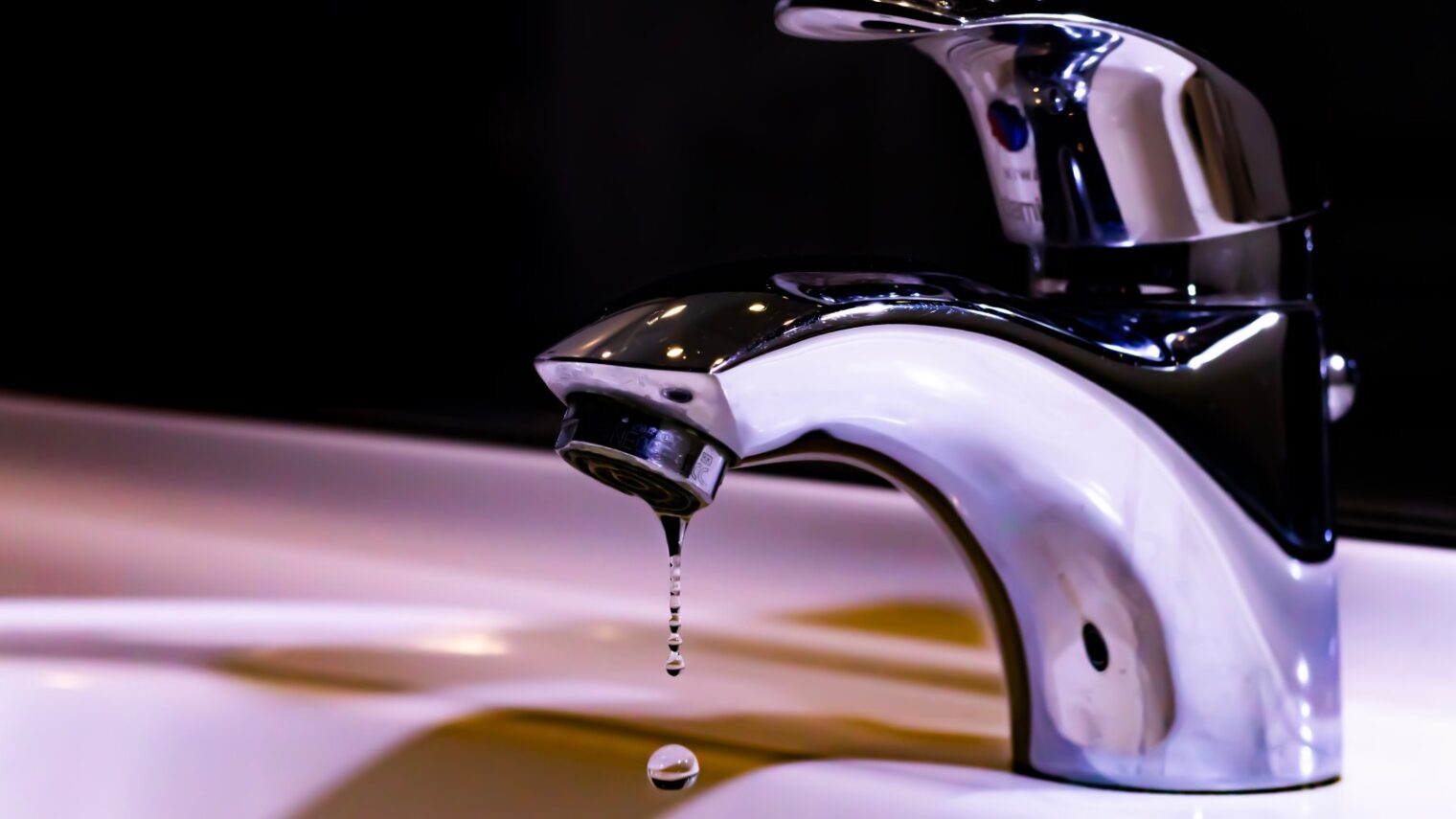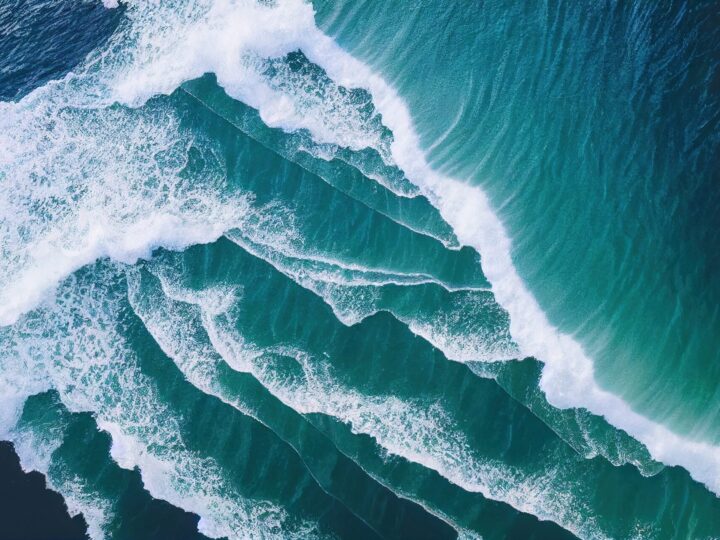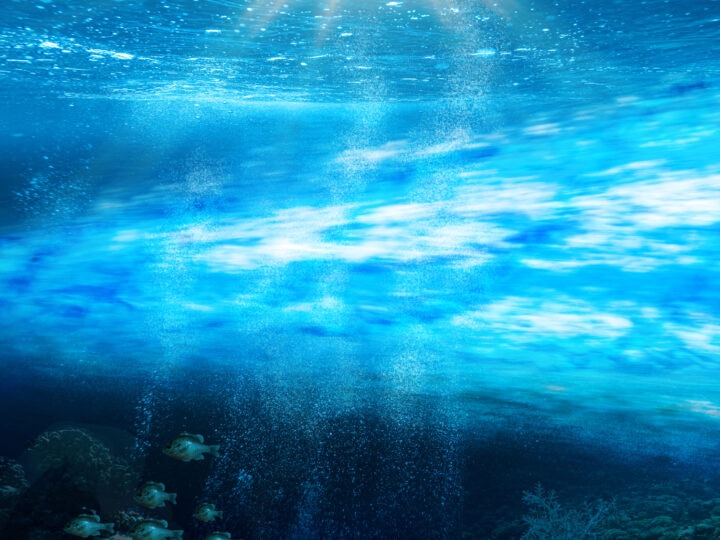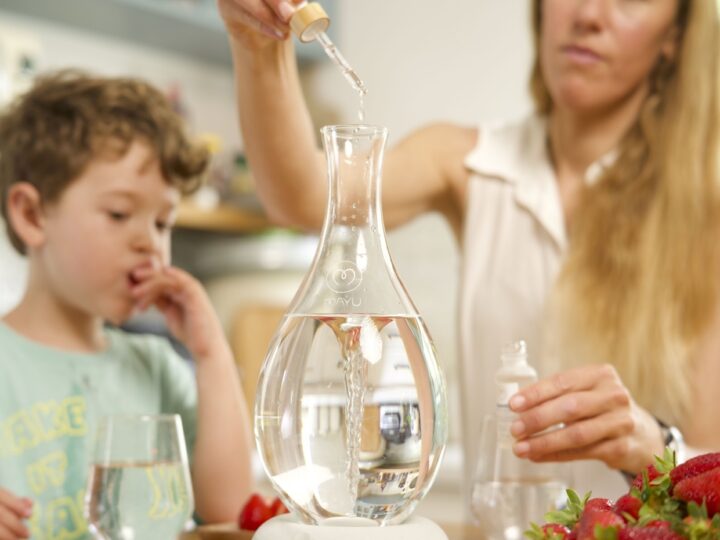On a recent Saturday night, I turned on the kitchen faucet to wash the dishes – and not a single drop came out.
Living in a desert city, I am grateful every time water does come pouring from the tap. I am mindful of not wasting water. But the reality of a dry faucet is indescribably scary.
Turns out there was a watermain break in our neighborhood and it was fixed within a few hours.
However, the larger issue of water scarcity is a looming threat to most of humanity.
According to UNICEF:
- Four billion people experience severe water scarcity for at least one month each year.
- Over two billion people live in countries where water supply is inadequate.
- Half of the world’s population could experience water scarcity by as early as 2025.
- Some 700 million people could be displaced by intense water scarcity by 2030.
- By 2040, roughly 1 in 4 children worldwide will be living in areas of extremely high water stress.
Supermodel with a serious message
Here in Israel, we’ve always struggled with a significant shortage of renewable fresh natural water.
Using our ingenuity, Israelis developed policies and technologies to tackle the problem from all angles: storage, transfer, wastewater collection and treatment, seawater desalination, drip irrigation, pricing policy, recycling and public education.
The Israeli Water Authority runs media campaigns like the one below starring celebs including supermodel Bar Refaeli, which led to an 18% reduction in water consumption in urban areas.
Israel has become an international model for water management and technologies, which the Foreign Ministry’s MASHAV international development agency shares with many countries.
However, the ministry notes that the demand for water is increasing every year, while precipitation is decreasing at an average of 10-15% every 30 years.
So we cannot be complacent. Everyone can take simple steps to ensure that water will flow from the faucet when we need it.
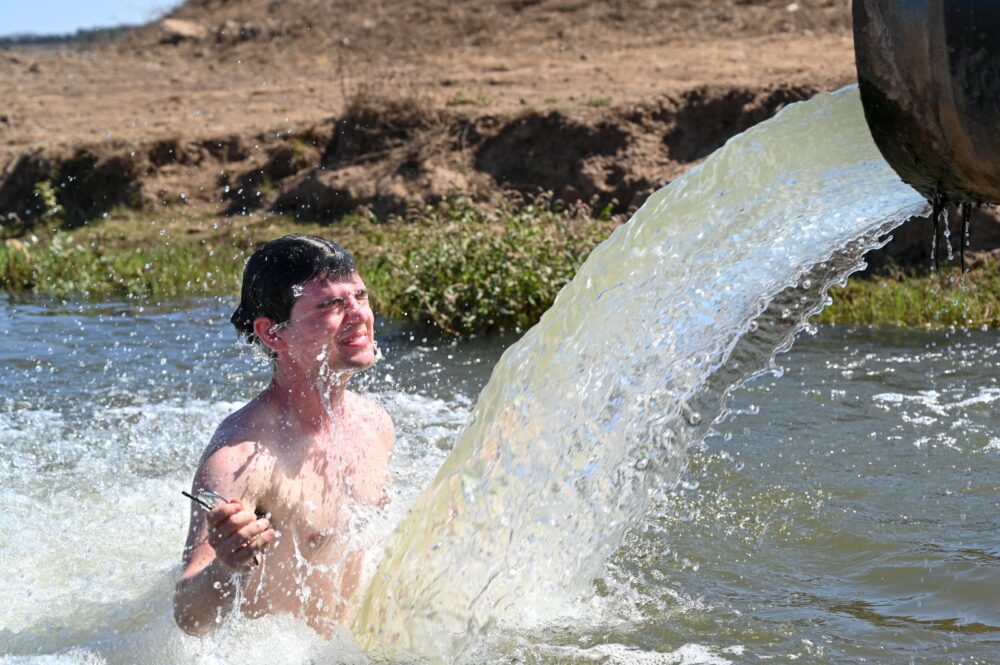
7 ways to save water at home
These seven practical tips are from Lior Guttman, spokesperson for Israel’s national water company, Mekorot.
Tip 1: Install water savers on all faucets and showers. This alone can save up to 40% of water consumption.
Tip 2: Turn off the faucet when you’re soaping yourself in the shower, brushing your teeth or scrubbing dishes.
Tip 3: Install half-flush toilets. In Israel, this is a standard and effective way to save water when disposing of urine.
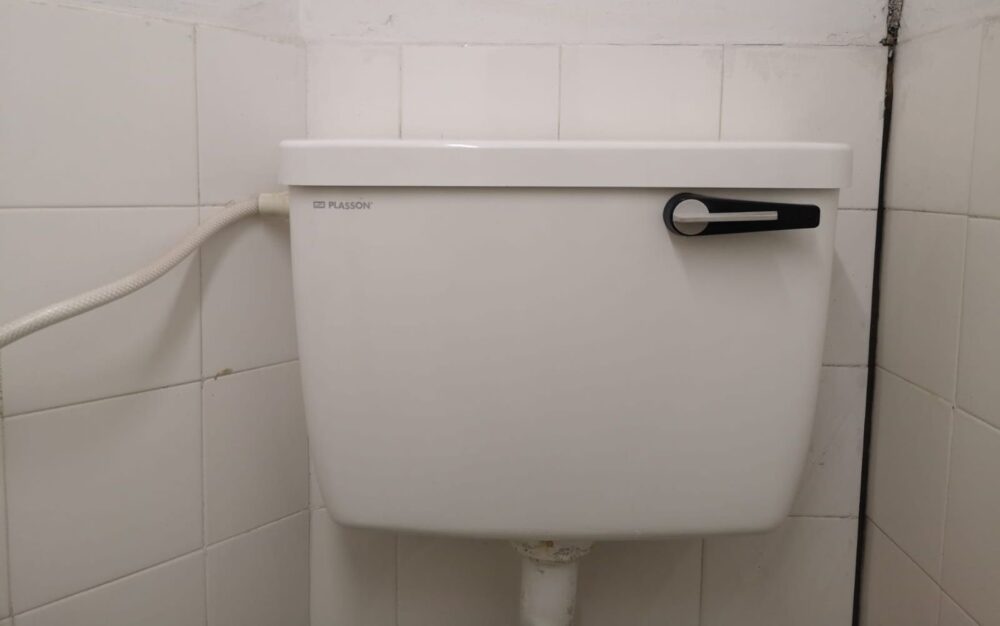
Tip 4: Check for water leaks in toilets and faucets every month. Simply close all the faucets in your home and watch the water meter. If it’s still turning, that means there’s a leak needing repair.
“A leaking faucet, beyond the sound of dripping that can drive you crazy, can send hundreds of liters of water down the drain,” says Guttman.
Tip 5: Collect the water that drips from the drainage pipe of air conditioners and dishwashers to water potted plants and the garden. (Just make sure that boiling water from the dishwasher does not come into direct contact with the plants.)
Tip 6: Operate the dishwasher only when it is full. This will save 30% or more of your usual water consumption.
Tip 7: Wash cars or sidewalks with water from a bucket, not a hose.
Contact Mekorot for a free online tour by emailing mekorotvisit@mekorot.co.il




